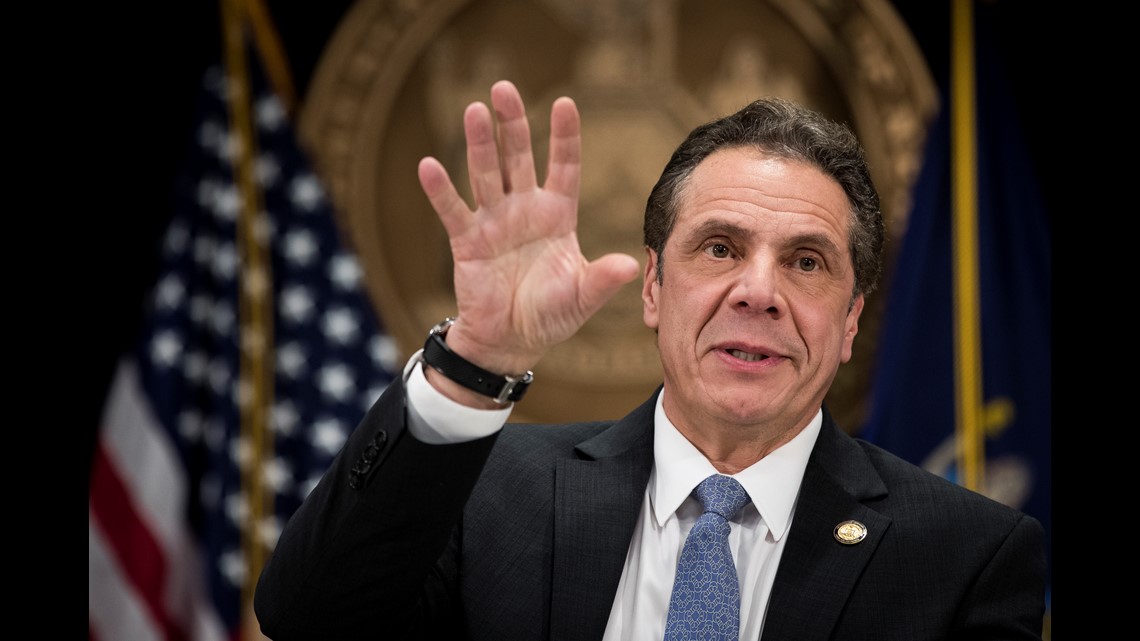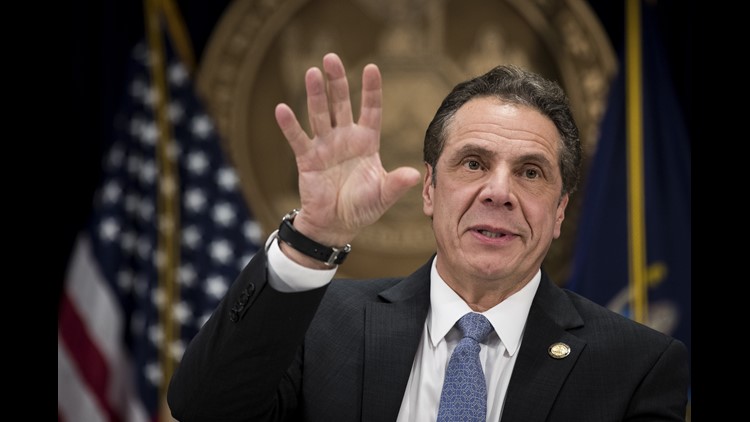



By Ese Olumhense
Nearly a million families could benefit
For families with annual incomes of $125,000 and under, tuition will be free at four-year institutions and community colleges in the City University of New York (CUNY) and State University of New York (SUNY) system, New York Governor Andrew Cuomo announced on Saturday. The legislation is the first of its kind passed by any state.
The “Excelsior Scholarship,” as it is officially known, will be phased in over three years — beginning this fall —for new CUNY/SUNY enrollees from households making under $100,000. By 2019, the income ceiling will reach $125,000.
“Today, college is what high school was — it should always be an option even if you can’t afford it,” Cuomo said in a statement on Saturday. “The Excelsior Scholarship will make college accessible to thousands of working and middle class students and shows the difference that government can make. There is no child who will go to sleep tonight and say, I have great dreams, but I don’t believe I’ll be able to get a college education because parents can’t afford it.”
Presented as part of the state’s 2018 fiscal year budget, the program is intended to alleviate the “crushing burden of student debt and [place] more New Yorkers on the path to financial security,” the governor’s office said, and would provide free tuition to around 80 percent of New York families with college-aged children.
Free college: from campaign promise to reality
New York may be the first state in the country to make “free college” a reality, but in February, San Francisco became the first U.S. city to offer all of its residents free tuition for community college. (“Free college” was one of Sen. Bernie Sanders’ rallying cries during his run for the 2016 Democratic presidential nomination.)
The concept has become popular in other states, like Oregon, Tennessee, Kentucky, and Minnesota — all of which have instituted programs or passed legislation that would cover tuition fees left over after state and federal aid have been provided. In 2016 alone, 31 proposals that would reduce or eliminate tuition were introduced by lawmakers in 12 states.
State legislators are “paying more attention than ever before” to the movement to provide free and reduced tuition opportunities, notes the National Conference of State Legislatures, which tracks these proposals. Part of this concerted push in statehouses came on the heels of former president Barack Obama’s 2015 America’s College Promise proposal, which would have made two years of community college free for students who maintain their grade point average and stay on track to graduate. Like New York State’s, Obama’s proposal sought to make two years of college as “free and universal” as high school; it would have benefited an estimated 9 million students nationally.
Could other states follow?
As the fervor for free college spreads, skeptics like Andrew P. Kelly, the director of the Center on Higher Education Reform at the conservative American Enterprise Institute, maintain that the idea will never be more than a “great political talking point.”
“Free college isn’t free, it simply shifts costs from students to taxpayers and caps tuition at zero. That tuition cap limits college spending to whatever the public is willing to invest. But it does not change the cost of college, or what institutions actually spend per student,” Kelly wrote in a 2016 New York Times op-ed. Others argue that free college would only benefit the economic and socially advantaged few who traditionally get to attend college anyway.
Regardless, state legislatures appear willing to stay the course. The passage of New York’s legislation, geared toward the middle-class, could encourage other states to follow suit. Rhode Island was already considering a similar plan, which would fund two years of tuition at state public schools. Given Cuomo’s success, and backing from big names like Democratic National Committee Chair Tom Perez, it could pass there too.
By 2020, more than 70 percent of all jobs are expected to require some postsecondary training, leading more states (and mostly blue ones) to prepare to adopt free and reduced tuition programs.



